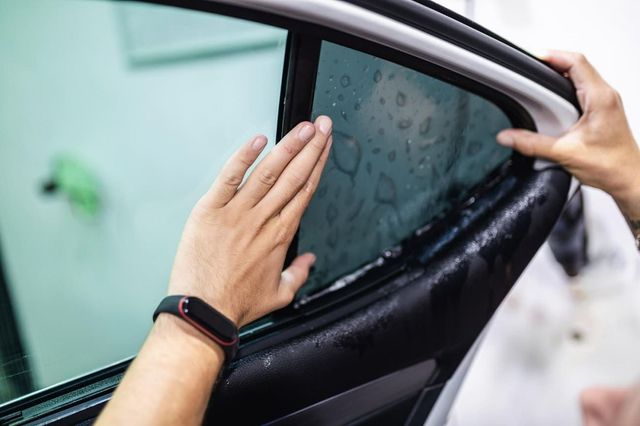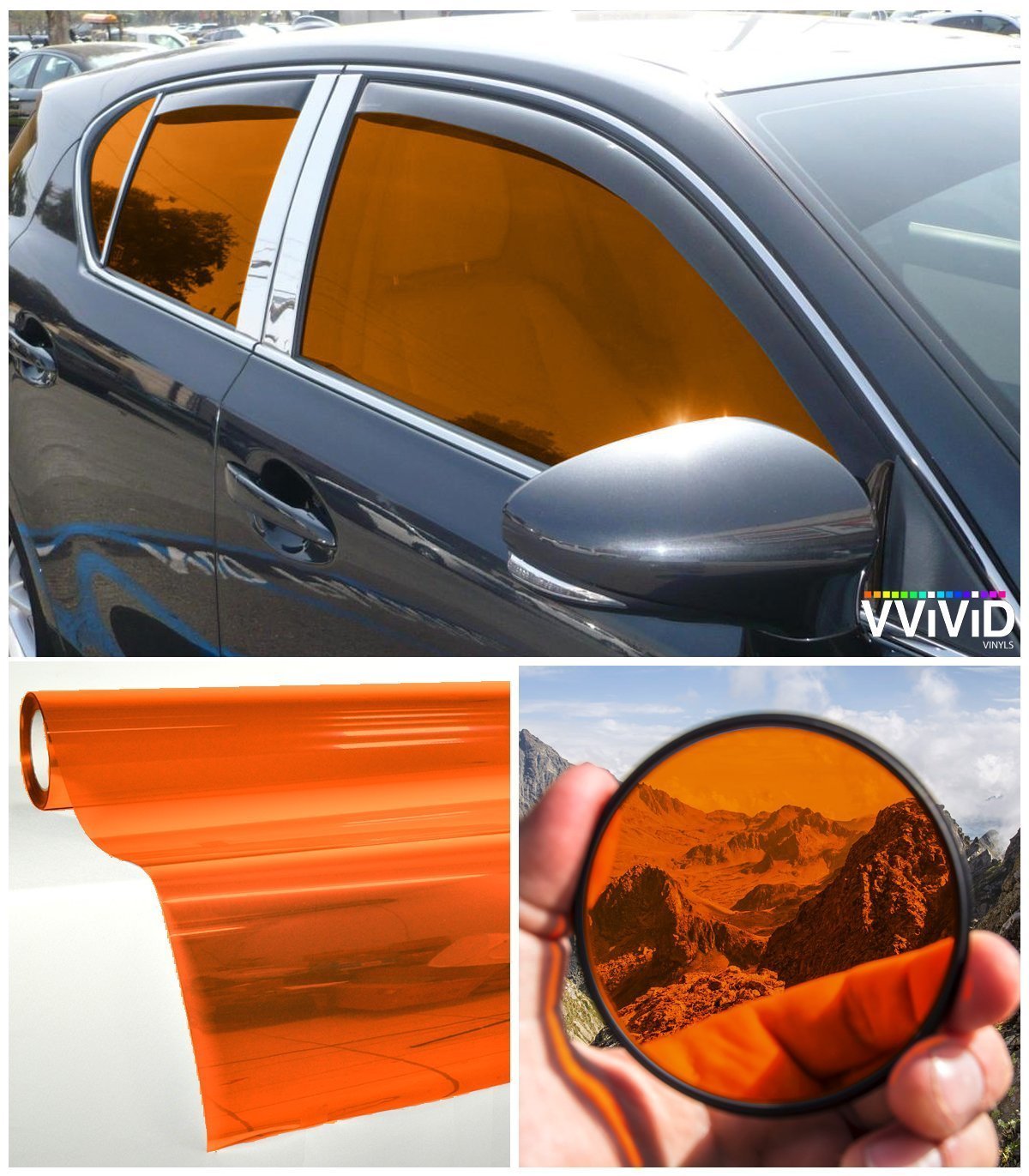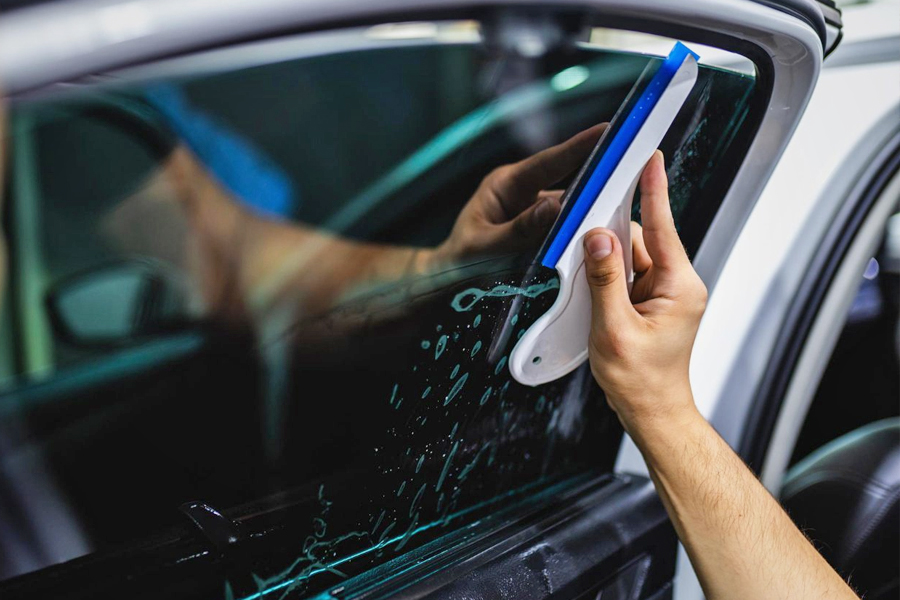Top Factors to Choose Specialist Car Window Tinting Services
Home Window Tinting Rules and Standards: What You Need to Know Before Tinting Your Cars And Truck
Prior to waging home window tinting for your car, it is vital to familiarize yourself with the varied regulations and guidelines that regulate this method across different states. These guidelines determine the permitted degrees of color darkness, commonly measured by noticeable light transmission (VLT) percents, and include certain stipulations for front windscreens aimed at making sure roadway security. Furthermore, particular territories might provide medical exceptions for individuals with certifying problems. Recognizing these complexities can conserve you from potential lawful ramifications, but what are the particular rules in your state?
Introduction of Home Window Tinting Laws
Home window tinting legislations are regularly subject to variation throughout various jurisdictions, mirroring neighborhood laws and safety considerations. These legislations determine the permitted degrees of tint darkness and reflectiveness on vehicle windows, making sure that vehicle drivers maintain ample exposure while also protecting against dangerous UV rays and heat.
Most guidelines classify home window tinting based upon the Visible Light Transmission (VLT) percent, which shows the quantity of light that can travel through the home window. Typically, reduced VLT percentages symbolize darker colors. Laws typically separate between the front, side, and rear windows, with more stringent constraints applied to the front windscreen to enhance safety and security for both the driver and other road customers.
Conformity with home window tinting guidelines is critical, as violations can result in penalties, compulsory elimination of the tint, and potential increases in insurance premiums. It is necessary for lorry proprietors to acquaint themselves with regional laws prior to continuing with home window tinting installations.
State-by-State Tint Laws
Comprehending the certain home window tinting regulations in each state is vital for lorry owners seeking to conform with the regulation. Each state in the united state has actually developed its own collection of rules regulating window tinting, which can differ considerably. These policies frequently determine the allowed levels of tint darkness, the sorts of windows that can be tinted, and any medical exemptions that might apply.
As an example, states like The golden state have stringent limitations on tint darkness for front home windows, while others, such as New Mexico, may enable darker tints. In addition, certain states mandate specific exposure percentages for numerous home windows, including the windshield, front side home windows, and back home windows. It is important for vehicle proprietors to familiarize themselves with their state's laws to avoid prospective penalties or charges.
Additionally, some states may require a certification sticker to be positioned on colored home windows, indicating compliance with state regulations. Failing to follow these regulations not just risks lawful effects yet can likewise impact safety and presence while driving. As a result, car proprietors should carry out thorough study or speak with neighborhood authorities to ensure full understanding and conformity with state-by-state tint regulations.
Allowed Color Types and degrees
Lots of lorry proprietors might be amazed to discover that allowed tint levels and kinds differ widely across various states. Each state has developed its very own guidelines pertaining to the permissible darkness and reflectivity of window tint, usually gauged by Visible Light Transmission (VLT) percents. VLT describes the amount of light that can go through the tinted windows; hence, a lower portion shows a darker tint.

Furthermore, the kinds of tint materials enabled can differ, with some states banning metal or mirror-like surfaces. It is vital for lorry proprietors to acquaint themselves with their state's particular legislations to guarantee compliance. Non-compliance can cause fines, necessary removal of the tint, or other legal repercussions, making it crucial to recognize these guidelines prior to waging installation.
Medical Exceptions for Tinting
While not all states supply allocations for clinical exemptions concerning home window tinting, those that do acknowledge the requirement for certain individuals to enhance visibility and comfort as a result of clinical problems. Various medical problems, such as lupus, skin cancer cells, and certain eye problems, can render people particularly sensitive to sunshine. Subsequently, these individuals may call for darker tints to secure themselves from hazardous UV rays and glare.

It is necessary to note that despite a medical exception, there may still be constraints on the level of color enabled. Compliance with state legislations guarantees that individuals are both protected and within legal limitations. Those thinking about clinical exemptions should call their local Department of Electric motor Vehicles or equivalent authority to comprehend the treatments and demands needed to look for an exemption effectively.
Penalties for Non-Compliance
Falling short to adhere to window tinting laws can result in substantial penalties, which differ by state. Police are empowered to provide citations for vehicles that do not abide by the defined tinting laws. These penalties commonly include penalties, which can range from small quantities to numerous hundred bucks, relying on the extent of the violation and the state in concern.
In some territories, duplicated offenses may lead to intensifying penalties or additional penalties, such as mandatory court appearances. Moreover, non-compliance might necessitate the removal of prohibited tinting, commonly at the proprietor's expenditure. In severe situations, regular culprits may deal with suspension of their lorry registration until conformity is attained.
In addition, insurance policy ramifications discover this info here may develop from receiving multiple citations for window tint offenses. Insurance companies may see such offenses as a sign of riskier behavior, potentially resulting in enhanced premiums or difficulty in insurance coverage.
To prevent these penalties, it is vital for vehicle proprietors to familiarize themselves with their local home window tinting legislations and make sure that their automobile complies (Window Tinting). This aggressive technique not only avoids legal ramifications yet likewise advertises roadway security
Final Thought

Many guidelines identify home window tinting based on the Visible Light Transmission (VLT) percentage, which shows the quantity of light that can pass with the window. Conformity with window tinting guidelines is vital, as infractions can result in fines, necessary elimination of the color, and potential boosts in insurance costs.Recognizing the certain home window tinting laws in each state is essential for vehicle owners seeking to abide with the legislation. These guidelines usually dictate the allowable levels of tint darkness, the kinds of home windows that can be tinted, and any kind of clinical exemptions that might use.
For circumstances, states like The golden state have stringent constraints on color darkness for front windows, while others, such as New Mexico, may allow darker tints.